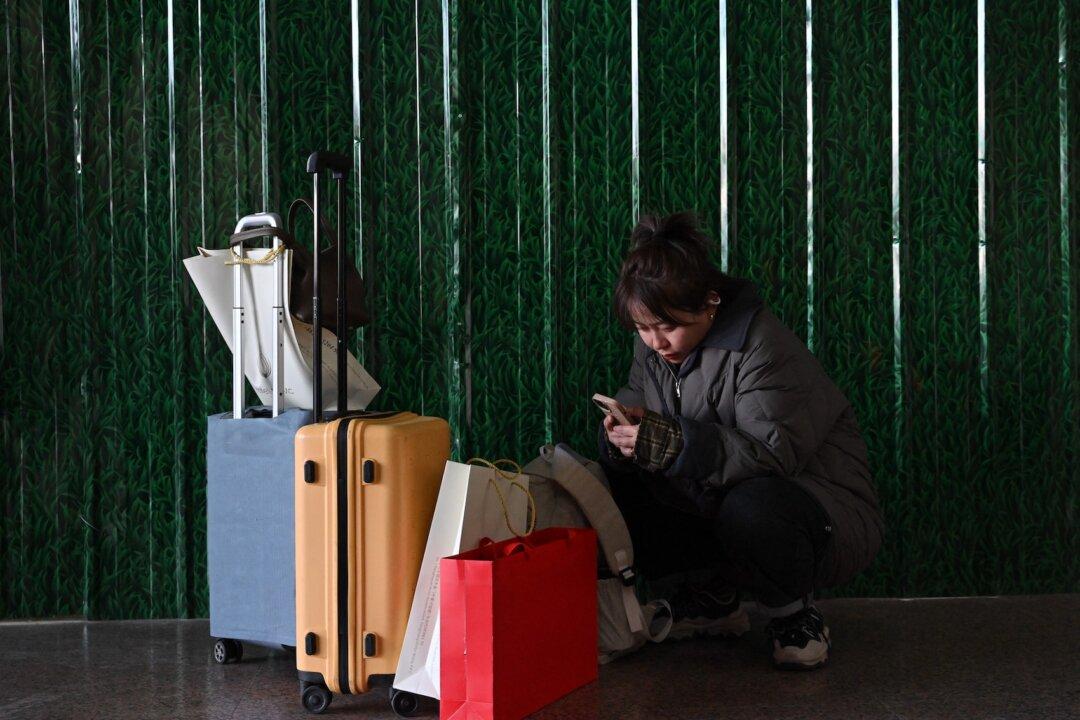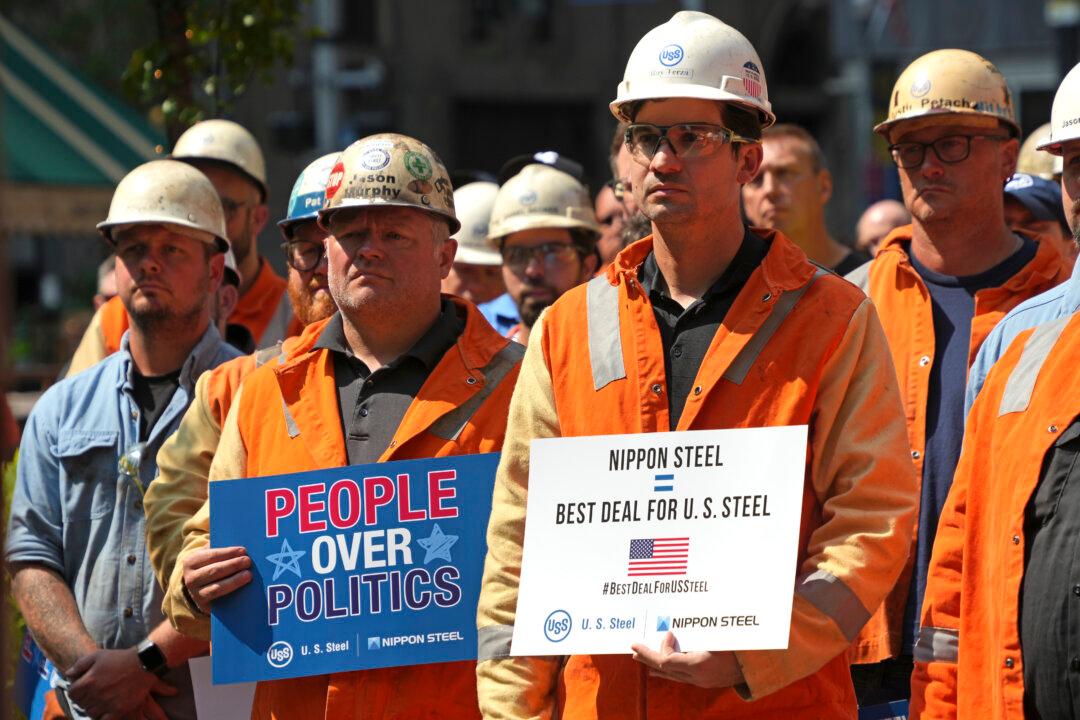Several companies in China were exposed after they were found to be making food products under unsanitary conditions, using medical waste products to produce plastics, and recycling soiled diapers to make new ones, according to a report by China’s state broadcaster CCTV on March 15.
Bags of waste products were being stored and kept at Chinese companies, the report revealed. The material was broken down and turned into plastic pellets, and then resold to other companies at low prices. The manufacturers were located throughout the country, including in Shandong, Henan, Hebei, and Shaanxi provinces.
Dirty Plastic
One company, named Hubei Best Hygenic Products Ltd., used bags of medical waste products as their inputs. Such bags filled the storehouse.One worker at the Best Hygenic Products company told the CCTV reporter that one ton of the waste product costs about $600. The plastics that meet Chinese national standards are about $1200 for one ton. The worker said it was a matter of meeting the customer’s price.
Some of the medical products found in the waster were intravenous (IV) bottles, IV bags, one-time use syringes, and blood bags.
The recycled plastics were prepared and shredded.
Next, they were melted down.
Finally, the waste was turned into plastic pellets. The pellets would then be used or sold to other companies.
These pellets are commonly used to make items including children’s toys, wash basins, plastic grocery bags, water bottles, and woven bags.
Diaper Demand
China has an aging population. In 2018, China had 249 million people over the age of 60. With an aging population comes a demand for incontinence products.In 2018 alone, four billion adult incontinence products were sold.
But some of the companies producing these products have made modifications to cut their costs, sourcing their plastic pellets from contaminated materials.
Shandong Jindeli Health Product Company was one company revealed in the CCTV report to have undertaken such actions. A worker there expressed that they purposely never kept records of their purchases of reused plastic pellets to cover their tracks.
At the companies manufacturing facility, bags containing the diapers and pads were found piled on the floors, ridden with flies.
The already-soiled diapers and sanitary pads were being broken down into parts to make new diapers, according to the report. That which could be salvaged from the stained waste was used to make the interior of new diapers. The mold, stains, and dust could be hidden inside that way.
The materials were also used to make the padding material in bedding mattresses.
Meanwhile, Bestar Corporation in Xiantao City, located in central China’s Hubei Province, serves as an Original Equipment Manufacturer (OEM) for many well-known brands in China, according to the CCTV segment. It was even awarded “Trustworthy Private Enterprise” in Hubei Province in 2017.
Additive Eggs
The CCTV segment also revealed food safety problems. Pasture-raised, free-range chicken eggs are now a popular option among health-conscious consumers, but often come with higher price tags than conventional eggs.Spicy Shrimp Snacks Have No Shrimp Ingredients
At a factory that makes spicy shrimp snacks in Gaochang Village of Kaifeng City, Henan Province, employees admitted that though the ingredients list on the package includes shrimp and eggs, there were no shrimp or eggs whatsoever in the shrimp snacks. Instead, the factory used various seasonings and additives mixed with flour to make the snacks taste like shrimp.Netizen Reaction
This consumer rights program outraged many Chinese viewers because all cases mentioned had been exposed already years ago. Furthermore, they believed the program only touched upon a small fraction of the country’s poorly-made products.“All these products are age-old problems, and none of the companies mentioned in the program are large enterprises. It seems like new cases and cases involving big companies are not allowed to be exposed.”
Another netizen was frustrated that the authorities seemed powerless to punish the wrongdoers or better regulate production standards. “Where did their governing authority go?”
Another said: “In my next life, I do not want to reincarnate into this hell-like country again!”






